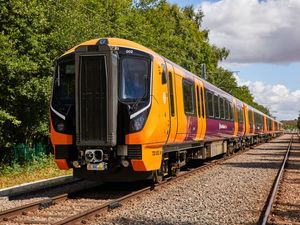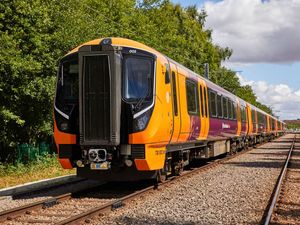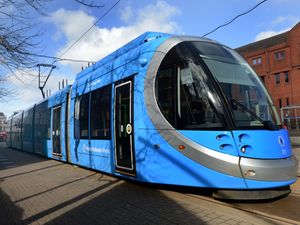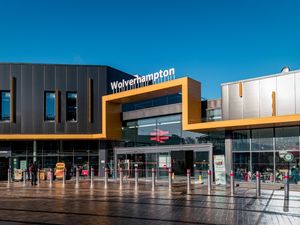Fall in revenue ‘won’t impact Metro funding'
The fall in revenue generated by Transport for West Midlands due to the coronavirus will not impact its funding of future projects, it has been said.

Public transport usage has fallen dramatically across the country ever since Prime Minister Boris Johnson announced a nationwide lockdown, with only key workers and those that can not work from home still using the transport network.
Figures show that rail journeys in the UK are now at just five per cent of what they were before the pandemic, while bus passenger numbers are down 88 per cent outside of London. There is also been a reduction in road traffic, with levels down 71 per cent on the same period last year.
The fall in passenger numbers have also hit Transport for West Midlands (TfWM), which run bus and metro services in the region for the West Midlands Combined Authority (WMCA).
TfWM is following the national guidelines and encouraging people to stay at home, though this has raised question marks about the organisation’s funding of future projects.
More Covid-19 coverage:
Both the Eastside metro extension, passed earlier this year, and the Wednesbury to Brierley Hill extension were to be funded by the organisation borrowing against future revenue uplift – in other words, using expected future income to pay for projects now.
With income falling, it had been suggested that TfWM may struggle to fund its future projects, with little or no revenue to borrow against.
However a spokesman for TfWM has now confirmed that this will not be the case, stating that the organisation is not dependent on current income to fund future projects.
“Borrowing against future revenue uplift was developed as a funding stream for the Wednesbury to Brierley Hill and Birmingham Eastside extensions neither of which will be completed before 2023,” the spokesman said.
“Therefore we are not dependent on current revenue to fund the expansion of the West Midlands Metro network.”





